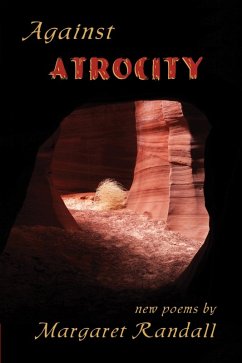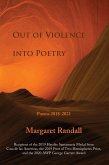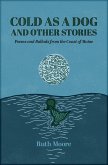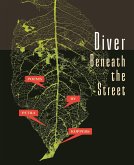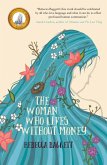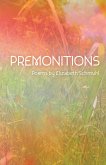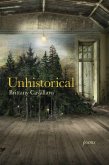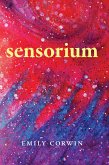Against Atrocity is Margaret Randall's first large book of poems since Time's Language: Selected Poems 1959-2018, a major collection covering work from 30 of her books over a period of 60 years. This new book shows that this poet continues to be a relevant and inspiring voice in American letters. It is also a stellar example of contemporary, intelligent protest poetry by a significant writer. Long known and honored for her work throughout the Americas, she is also long admired in the LGBTQ community. Among numerous awards, Randall was awarded the Lillian Hellman and Dashiell Hammett grant for writers victimized by political repression. In 2004 she was the first recipient of PEN New Mexico's Dorothy Doyle Lifetime Achievement Award for Writing and Human Rights Activism. In 2017, she was only the second American to be awarded the prestigious Medal of Literary Merit by Literatura en el Bravo, Chihuahua, Mexico. Nicaraguan poet Daisy Zamora writes: "e;These poems restore language to its authentic meaning, remind us of the power of words when expressing the truth, and the redeeming potential of poetry in these terrible times."e; These are indeed terrible times, ones in which we increasingly find ourselves looking to art and creativity to lift us from the unchecked violence, everyday frustration of deaf governance, and an out-of-control profit motive that too often seems to bury us in a dangerous sense of futility. Randall writes as insightfully about the plight of a single woman or child as she does about global warming or the mysteries of aging. In these poems we find more questions than answers, but they are the questions we must continue to ask ourselves in order for our humanity to survive.Against Atrocity will also see publication this year, in completely bilingual format, by Aguacero in Buenos Aires, Argentina. And some of the poems are included in El lenguaje del tiempo, a book-length sampling of the poet's work coming out from El Angel Editor in Quito, Ecuador to coincide with that country's Poesía en paralelo cero (Poetry on the Equator), an important Latin American poetry festival. Randall's work is being published in Cuba, throughout South America, in Europe and Asia. She is someone who combines the intimate with the international, our small stories with the larger one that shapes us all. Here are poems that pierce complacency's thick skin and provide a road map to agency and hope.
Dieser Download kann aus rechtlichen Gründen nur mit Rechnungsadresse in A, B, BG, CY, CZ, D, DK, EW, E, FIN, F, GR, HR, H, IRL, I, LT, L, LR, M, NL, PL, P, R, S, SLO, SK ausgeliefert werden.

